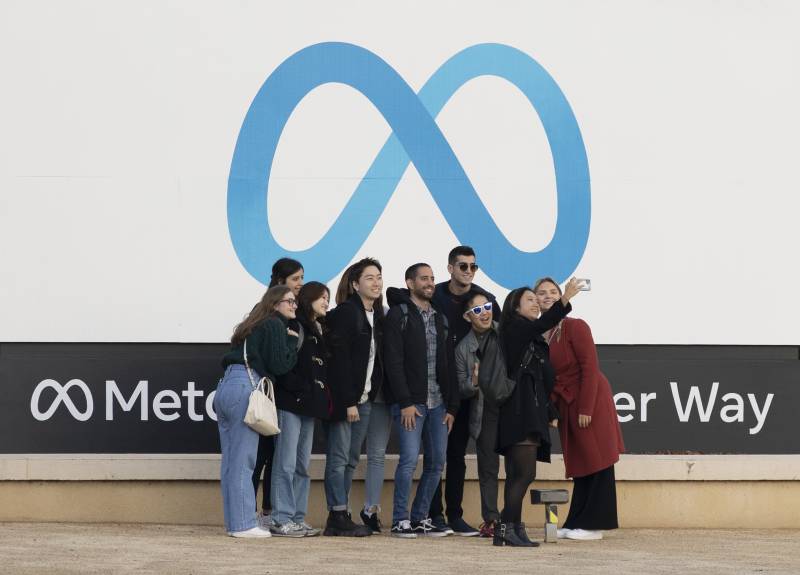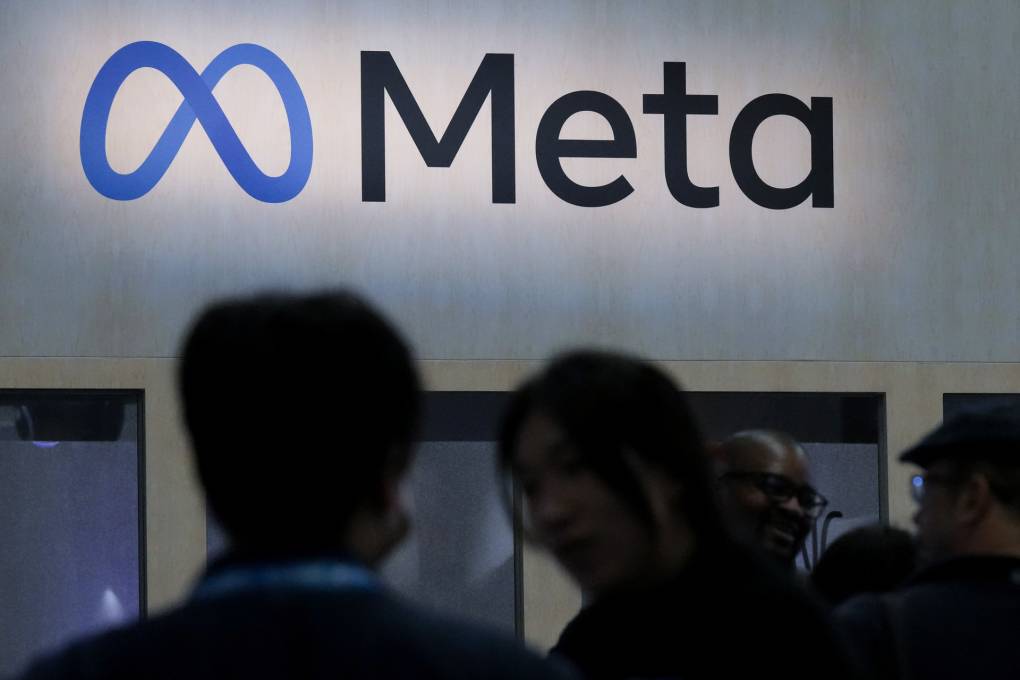More than three dozen states, including California, New York and the District of Columbia, are filing federal and state lawsuits claiming Facebook and Instagram intentionally — and illegally — manipulate young users.
The lawsuit filed in federal court in California also claims that Meta routinely collects data on children under 13 without their parents’ consent, violating federal law.
“Meta has harnessed powerful and unprecedented technologies to entice, engage, and ultimately ensnare youth and teens. Its motive is profit, and in seeking to maximize its financial gains, Meta has repeatedly misled the public about the substantial dangers of its social media platforms,” the complaint says. “It has concealed the ways in which these platforms exploit and manipulate its most vulnerable consumers: teenagers and children.”

